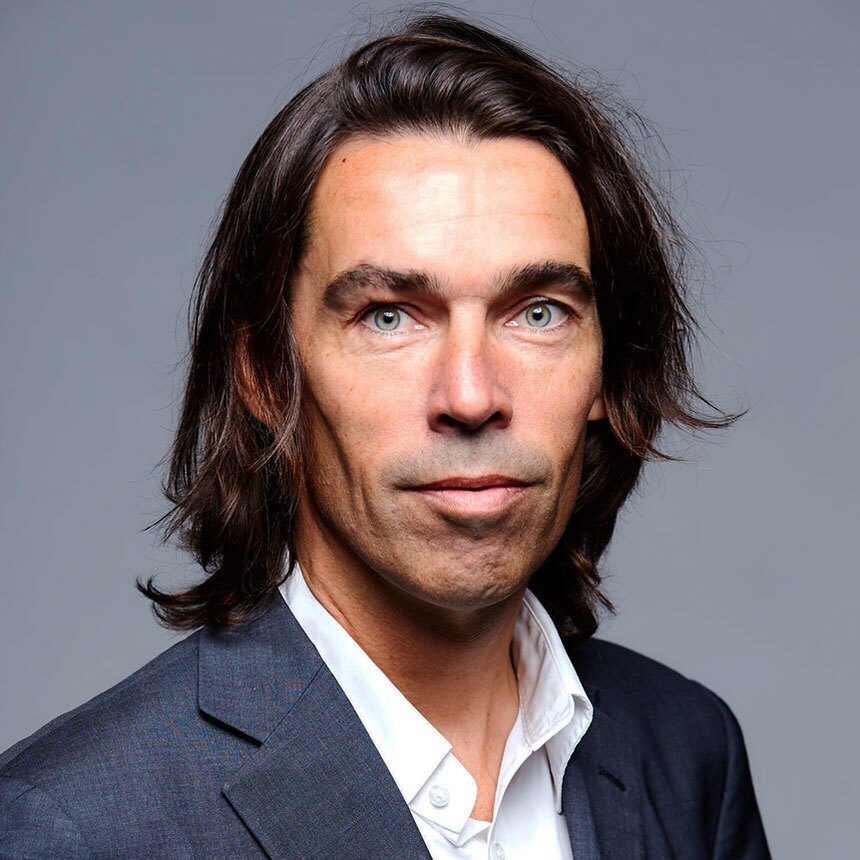Elie Maalouf, CEO of IHG Hotels & Resorts, said a rebound of hotel performance in Greater China underlined continued improvement across its global estate in the third quarter.
Maalouf, who started in the role on July 1, said in his first quarterly earnings presentation that 12 months ago the pandemic still was affecting business in China.
“This is another strong trading performance, the fifth quarter of subsequential improvement, with excellent rebound in Greater China, which, too, has completed its post-pandemic recovery,” he said.
He added across IHG’s portfolio, average daily rate remained “very robust,” and occupancy was up 4% year over year to 72% in the third quarter and down only 1.3% from the same quarter in 2019.
Also providing confidence are increases in signings and business travel, which Maalouf said would soon reach full recovery.
Michael Glover, chief financial officer, said business travel revenue increased by 6% year over year, while group bookings revenue was up 8%, although that metric lags 2019 numbers by 9%.
“Two-thousand rooms were opened in [Europe, Middle East, Africa and Asia] in the third quarter, and 5,000 added to the pipeline, and we expect a significant uptick in openings in the final quarter of the year, traditionally our strongest quarter for signings,” he said.
Glover said 40% of hotels in the development pipeline are in the luxury and lifestyle segment.
“In China, development activity is also coming back, with 37 hotels signed, 24 of which are in the Holiday Inn brand family. That is almost 7,000 rooms, the highest quarterly signings number since 2021. Again, we expect more in [the fourth quarter],” he said.
“China is demonstrating an excellent rebound in trading. Overall, we expect close to a 4% increase in network systems growth by end of the year,” Maalouf said.
“We’re acknowledging short-term financing challenges, but supply will return, as it does in every cycle. Our 125 conversion signings this year is a record,” he added.
Glover said the first hotel under IHG's Garner brand, launched in August, is due to open by the end of 2023.
Maalouf said the firm “opened nearly 8,000 rooms across 50 hotels in the quarter and added [16,800] rooms to our pipeline across 123 properties. Year to date, signings are up by 16%.”
“Third-quarter revenue per available room increased 10% versus 2022 and 13% versus 2019. … Greater China continued its excellent rebound with RevPAR now above 2019, which the Americas achieved in the second quarter of last year, and Europe, Middle East, Asia and Africa in the fourth quarter,” he said.
Third-quarter RevPAR increased 10.5% year over year. By region, the metric increased 4.1% in the Americas, 15.9% in EMEAA and 43.2% in Greater China.
“Pricing remained very robust,” he added. “It was also pleasing to see rooms revenue growth for each of leisure, business and group travel.”
Continued Confidence
IHG’s CEO said the firm is continuing its share buyback program, now having reached 94% of its previously announced return to shareholders of $750 million.
He said year to date, IHG has further reduced its shares holding by 5.7%, on top of the previous reduction of 5%, with “leverage likely to be below 2.5 times.”
Maalouf said combined efforts have resulted in more than $1 billion being returned to shareholders in 2023.
Glover said that sum represents “approximately 10% of our market capitalization.”
Shareholder confidence, Maalouf said, joins confidence among both investors and consumers.
“There are many positive indicators of investment confidence, [as investors are] encouraged to build more hotels. Supply has been low. We do not know how many interest-rate increases are out there, but everyone feels we are close to the end, and inflation is expected to fall. We are seeing light at the end of the tunnel, but we’re not waiting for it to come fully,” he said.
He said consumers are now used to macroeconomic shocks and are still showing the desire to travel.
“For two years, always there seems to be something that can be worried about. The adverse consequences everyone predicted have not happened in the economy and for our company. We are not blasé to this, but the U.S. consumer did not soften even following several Federal Reserve decisions.
“The same can be said in China, where people are earning and traveling. We’re not seeing any cracks in their desire to travel, but [recovery and travel desire are] an all-region play,” he added.
“[Glover and I] spent a week there a couple of weeks ago, and we left feeling very confident,” he said, noting that more than 1.8 billion trips were taken by plane, train and car during the recent mid-autumn holiday in China.
Glover said Chinese guests are traveling in good numbers to Southeast Asia and increasingly into Europe, but their presence in North America remains muted.
“China into U.S. is less than 1%, but agreements between the countries will increase air lift, so it is not a huge effect on us. … We see a tailwind going forward,” he said.
Maalouf said loyalty program data shows North American guests make up about 10% of IHG's total base in Europe, and that group constituted approximately 50% of bookings made from North America.
He joked about his new home since taking up the CEO role for the British firm.
“I have residence in London now, so I do not count as a North American visitor anymore,” he said.
As of publication time, IHG stock was trading at 61.54 pounds sterling ($74.68) a share, a increase of 34.9% year over year. The London Stock Exchange’s FTSE 100 index was up 7% over the same period.


